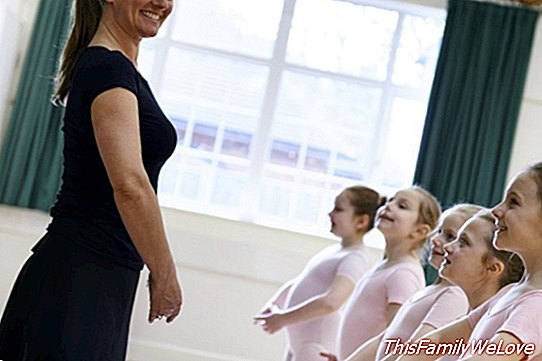Tricks to develop the will: the strength of wanting

Order, perseverance and motivation are the three pillars to achieve develop the will. The first two have as immediate fruit the achievement of specific, well-defined objectives. And in addition, the order must be maintained not only in the bedroom, but also in the schedule, in what they have, in their things ... On the other hand, the constancy is tenacity without discouragement, firmness and perseverance in the objectives that one It has been marked. It is not to give up, to grow up before the difficulties that arise. This is how a strong human being is built.
As for the motivation, it can be said that it is illusion. A person without motivation can not get up every day and force himself to get what he really does not want. With these three words, man becomes a regal, strong, tenacious being for whom the will is not only a characteristic of his way of being, but also his nature. It is not free who does what he wants, but he who can get what he wants. Want to be better and get it because the will is the force of wanting.
Parents, a great help to develop the will
Parents have a primary role because they have to educate their children since they are small to achieve small goals. They themselves have to set an example and at the same time they have to know how to seduce in values. He has to be enthusiastic about the effort and with him. For this, we recommend the following guidelines:
- Set specific goals. One of the errors in which one often falls is in the magnitude of the desired goals. We should not set abstract goals, but very precise, well-defined goals. For example, do not say "I'm going to get good grades", but "every day at 6:30 p.m. in the afternoon, whatever happens, I start studying". These objectives must be achievable and realized. That is, you have to 'put a certain head' when it comes to setting goals: that are not too complicated, but not too easy.
- Distribute the purposes throughout the day. We can not put all our efforts in the morning or afternoon exclusively, but we have to distribute them during the day. Some concrete objectives would be: getting up every day at the same time, getting up on their own (that the mothers do not have to pull them), attending every day to class, whatever happens. Sit in first or second row to listen well. Take notes in all subjects. Although our son considers that he does not take them well, or that there is a partner who makes better schemes. Will and routine are an inseparable binomial.
- Betting on discipline. To have the will, you have to refuse and / or overcome all those desires that tend to pull us. This is especially expensive, especially at the beginning, because you are not used to saying no. Adolescents find it difficult to see in the short term that the effort is worthwhile and, in addition, they often act on impulse. Discipline is what will bring all these impulses to fruition.
- Count on failure. As it is something expensive, we must also be aware that the fall will appear sooner or later (usually sooner rather than later) but that not for that one can be discouraged, but will rise again and try again so that the falls are moving away in time.
- Satisfaction for the success achieved. As the falls recede, the adolescent will be contagious with joy, because he will realize that it is possible. Corroborate that he can master himself and that he is able to master his desires, not doing what he wants but what he knows is best for himself. It will be at that precise moment when you will realize the importance of the will.
Simple tricks to develop the will
As a result of the realization of an assignment at home by a teenage son (for example, giving 'private lessons' to a little brother), we can take advantage of it to better develop some aspects of his will power:
- Explain why and what to do (and do well that order)
- Avoid solving all difficulties that are presented to him (ask him to try to solve them himself)
- Propose each week to take care of a detail concrete of his work: punctuality, order, patience, etc.
Isabel Rojas-Estapé. Psychologist




